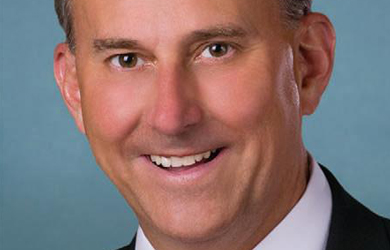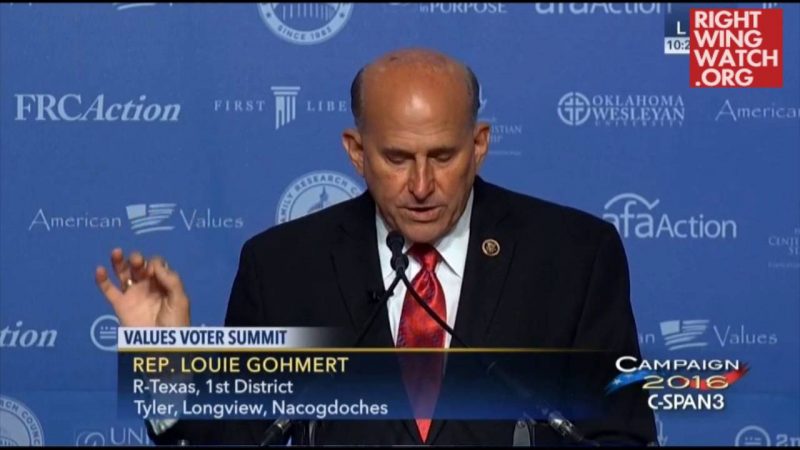One of the points I have tried to drive home regarding the Religious Right’s purported opposition to the current hates crimes legislation is that they don’t actually oppose hate crimes in general, they just oppose offering protection to gays.
They claim that hate crimes laws give certain groups “special rights” and are therefore discriminatory. If that is indeed what they believe, then the logical position for them to take would be to call for the complete repeal of all existing hate crimes laws, such as the federal law that provides protections for things like race and religion.
But they haven’t offered to forgo the “special rights” they receive as Christians or even bothered to acknowledge this basic fact, choosing instead to harp on the addition of “sexual orientation” to the existing law as somehow a threat to their religious liberty.
Well, Dan Gilgoff has written a piece taking a look at the Right’s scare-tactics about this legislation and points out that they are all completely unfounded:
Legal experts note that under the hate crimes bill, a person’s religious beliefs about homosexuality become relevant only once he or she is accused of a violent crime against someone from the LGBT community. The bill prohibits a defendant’s religious expressions and associations from being introduced as substantive evidence at trial, though the information can be used to help determine whether the defendant was motivated by bias. “Your penalty is being enhanced because of your religious beliefs,” says Prof. Douglas Laycock of the University of Michigan Law School. “But you’re being prosecuted for the crime.”
Proponents of an expanded hate crimes law say religious beliefs should be subject to scrutiny if they lead to violence. “Even the strongest proponents of religious freedom do not claim that religious liberty means the right to beat people up,” says Prof. Andrew Koppelman of the Northwestern University School of Law.
Conservative religious activists, meanwhile, point to recent developments in Australia, Canada, and Sweden, where religious conservatives have been penalized for so-called hate speech, even where such speech did not lead to violence. But legal scholars note that those countries lack the robust free speech protections of the First Amendment. And even opponents of expanding the hate crimes law acknowledge that statutes widely adopted by individual states have not resulted in litigation over religious liberty or free speech violations—though many cover the LGBT community. “If somebody had been prosecuted simply for speech, we would have heard about it by now,” says Laycock.
So why has the Right been so vehemently opposed to this legislation? Mainly because, as Tony Perkins admitted last month, their real fear is that if protection for gays are added, it would make gays “equivalent to other categories of protection” and, if that happens, the Religious Right’s anti-gays views will be seen as “equivalent to racial bigotry.”
And Erik Stanley of the Alliance Defense Fund basically admitted it to Gilgoff as well:
As religious conservatives mount a last-ditch effort to derail the bill, however, legal experts say the legislation narrowly focuses on violent acts and that pastors’ speech remains protected by the First Amendment. And some religious activists acknowledge that they’re less concerned about the immediate effects of expanding hate crimes protections than about the broader message it sends. “This is the first time you would have written into law a government disapproval of a religious belief held by the majority of Americans—that homosexuality is sinful,” says Erik Stanley, senior legal counsel for the Alliance Defense Fund. “It’s more of a slippery slope argument than about the law itself.”
They are afraid that as society progresses and being gay become increasingly acceptable, their right-wing views are going to become less acceptable.
In short: the more mainstream gays become, the less mainstream the Religious Right becomes … and that is what they fear more than anything.








